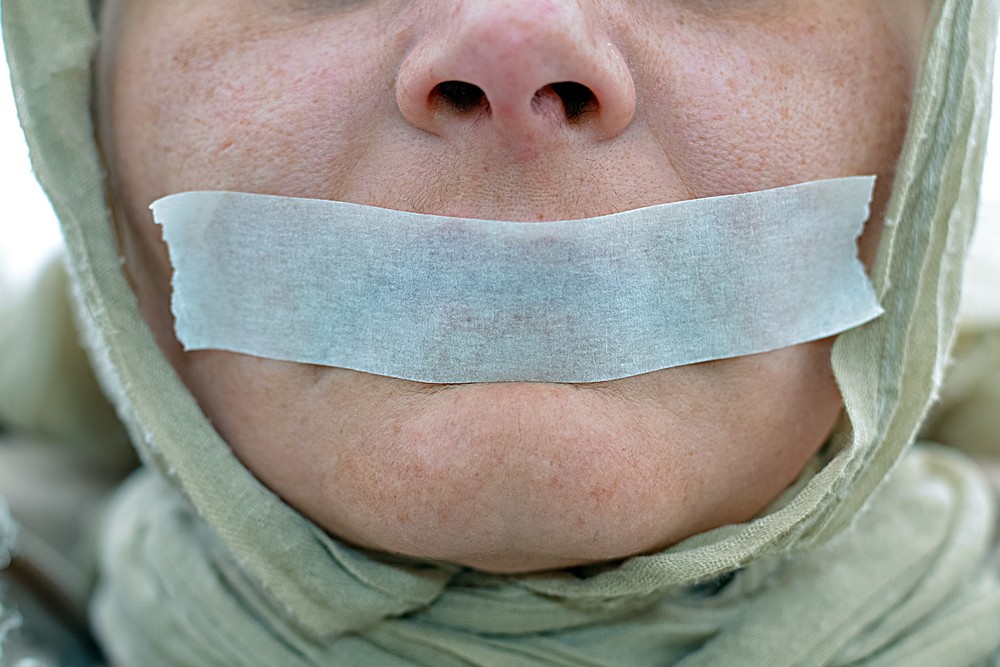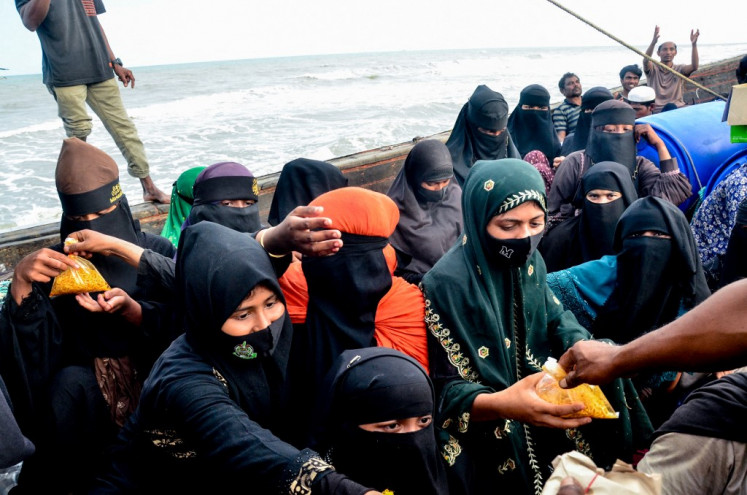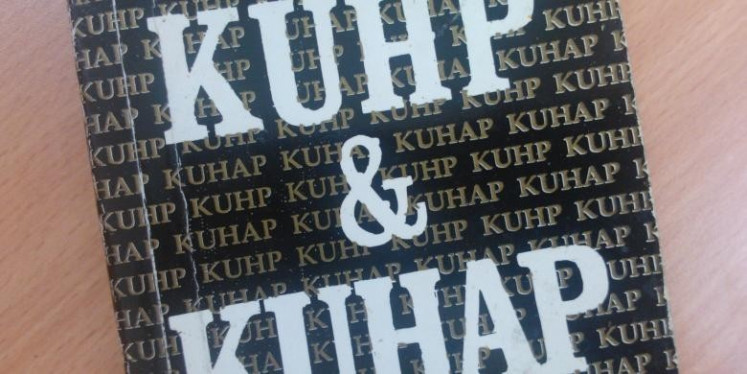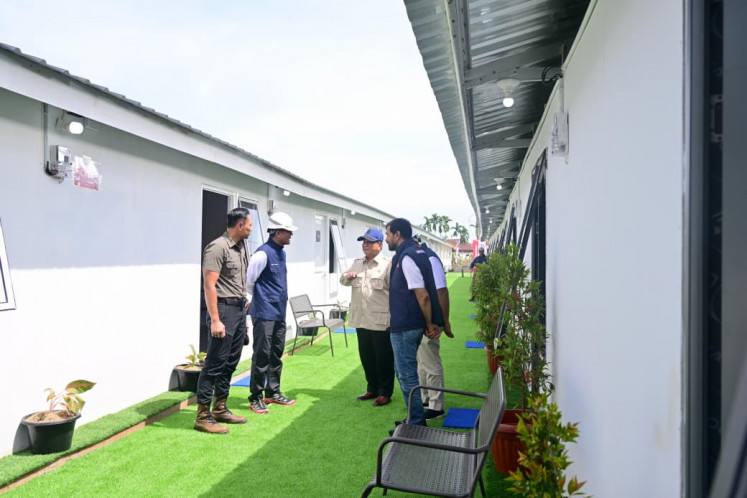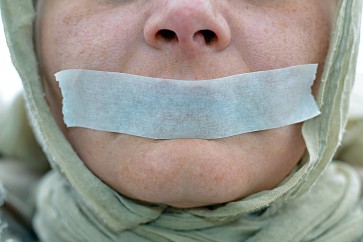Popular Reads
Top Results
Can't find what you're looking for?
View all search resultsPopular Reads
Top Results
Can't find what you're looking for?
View all search resultsThe trouble with censorship
But does suppressing speech prevent radicalism? Indonesian history suggests this may be possible, at least temporarily, if the full force of the state power is brought to bear.
Change text size
Gift Premium Articles
to Anyone
I
n the opinion piece “Let’s give conspiracy theory fans what they deserve — milkshakes” published in The Jakarta Post on June 14, M. Taufiqurrahman makes the case for censorship of “harmful” speech.
He begins by pointing to recent claims made by popular YouTube preacher Rahmat Bauqini that the triangular motifs used in the design of Al-Safar Mosque is West Java were symbols of the illuminati and the Antichrist that “will enable the Antichrist to realize his apocalyptic ambitions through Zionism”.
Taufiqurrahman is critical of the decision by West Java Mayor Ridwan Kamil, the architect of the mosque, to sit down with Rahmat in a public discussion, arguing there was nothing to be gained from engaging with people with such extreme views and that it was an error to give Rahmat a platform to “normalize” these views. This is salient advice.
However, Taufiqurrahman also makes another argument, that free speech has consequences and when “outrageous views” cause harm, there is sometimes no other alternative than to “punish them immediately”. He places this argument against the backdrop of the 2019 election, prior to which misinformation and hoaxes were widely circulated.
What constitutes harm is a central topic of the free speech debate. Does causing offense or inflammatory language constitute harm, or does it mean a more direct form of harm, such as incitement of violence? It appears Taufiqurrahman is not referring simply to the direct incitement of violence, but rather to misinformation, and hateful or radical views.
This raises a crucial question. How can radical views be tackled in a liberal democratic society? This is an important question to ask, given the apparent rise in fringe, radical or extremist views, not only in Indonesia, but in democracies around the world.
One way to do so is through censorship. But does suppressing speech prevent radicalism? Indonesian history suggests this may be possible, at least temporarily, if the full force of the state power is brought to bear.

